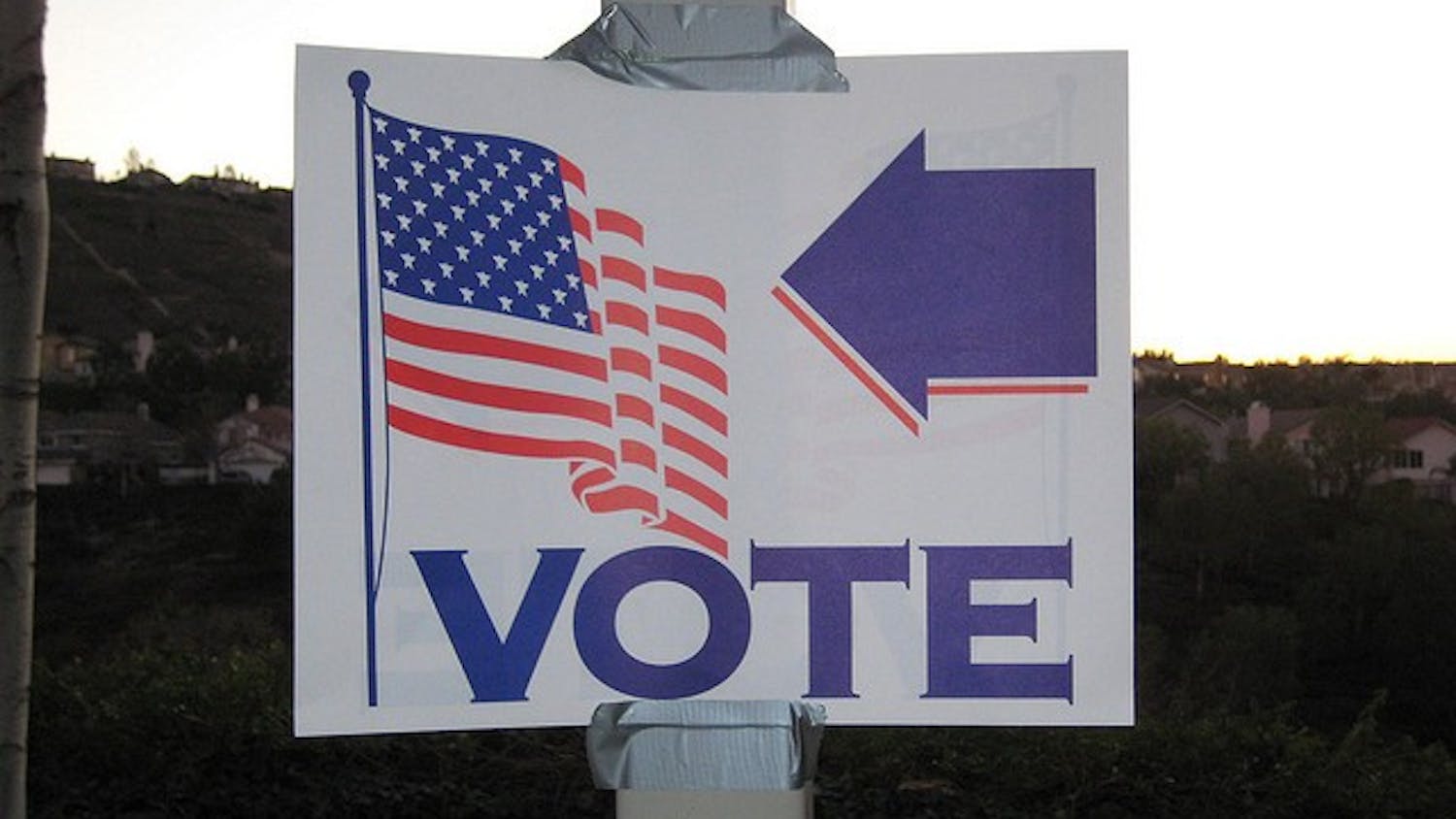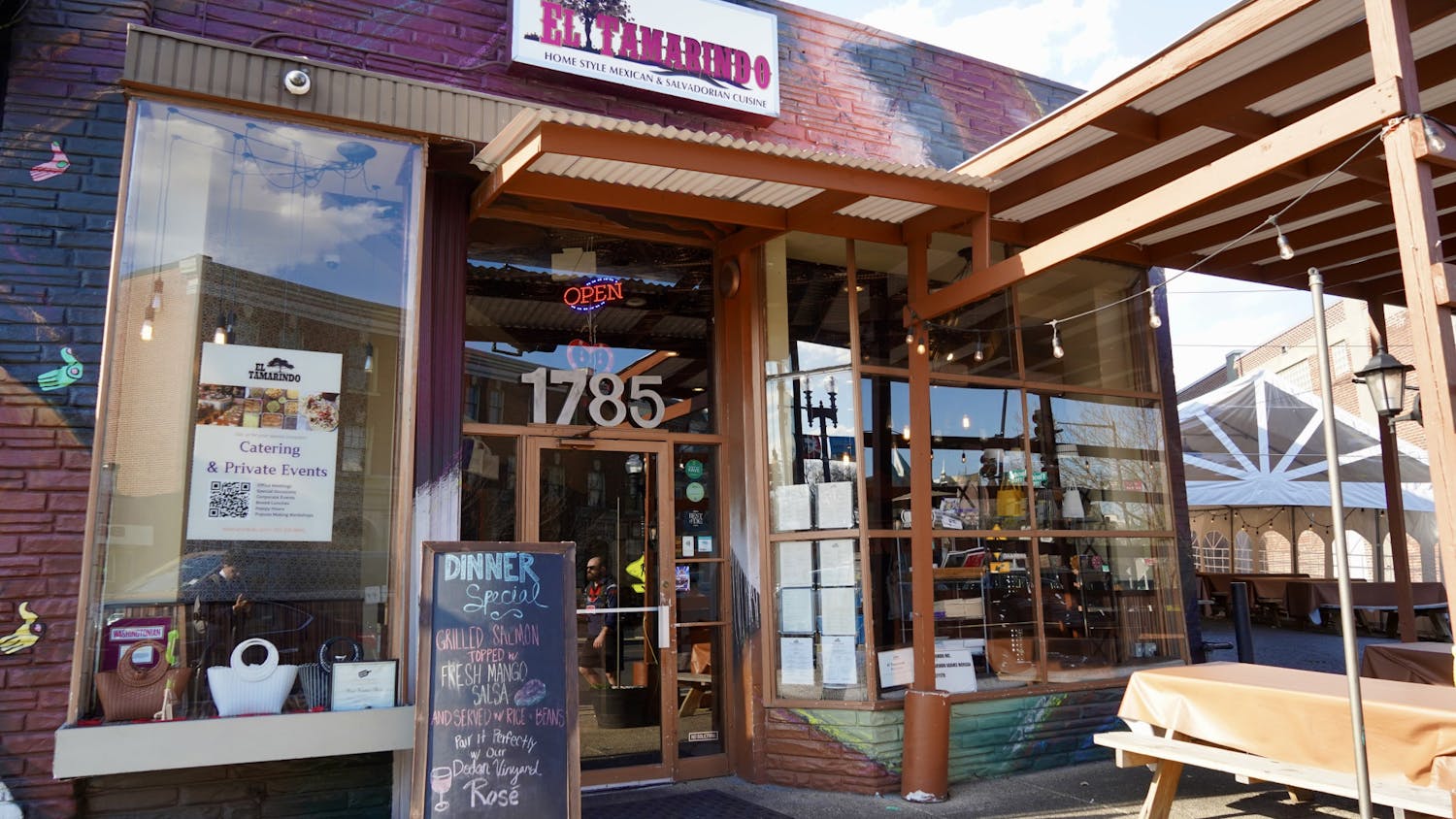After 20 years in Afghanistan, the U.S. has finally ended its longest war with a difficult withdrawal that gave way to a complete Taliban takeover. The U.S. promised to help thousands of Afghan allies and those who worked and supported the U.S. government in fleeing the country. Now, tens of thousands of Afghans are coming to the U.S. Among these are university students and adults who want to get ahead. Why hasn't American University put out any statement in support of refugees relocating to the DMV?
Liberal colleges like AU claim to be pro-refugee, but their actions don’t match their words. AU could commit to housing Afghans landing in D.C. like Northern Virginia Community College. They could go a step further and create scholarships for Afghans who wish to receive an education as seen at the University of Tulsa or Bard College. The latter accepted more than 100 Afghan students to the university. They could take a page from the University of California at Berkeley and set up a fundraiser emergency fund for at-risk Afghans.
Other U.S. colleges and universities have stepped up but AU is nowhere to be seen. For a school that prides itself on its stature as a leader in international service, it isn’t demonstrating that service in this critical moment. After AU researchers compiled a list of the number of Afghans needing to be evacuated, School of International Service professors argued that there are other conflicts needing attention with regard to refugees. While this is certainly true, Afghanistan is an asymmetric situation compared to humanitarian crises in Ethiopia or Syria. No other conflict besides Iraq is comparable to the U.S. situation in Afghanistan, so this humanitarian crisis deserves unique attention and action.
AU is known to have a liberal student body. Many people see posts on social media linking GoFundMe pages and volunteer opportunities for arriving Afghans. AU students are doing more by donating $5 to a charity than the administration has done to aid people coming from a country that just experienced a difficult regime takeover, where 90 percent live below the poverty line and 30 percent are food insecure.
Under the rule of the Taliban, this is especially pressing. This is the group that did not allow women to leave their homes without being accompanied by a man and wearing a full burqa. This is the group that kills LGBTQ+ people as a spectator sport. This is the group that allowed Al-Qaeda to plan and execute 9/11. This is the terror Afghans are fleeing. They can’t go back, and they need our help.
The University should strive to be a collegiate leader in resettlement efforts. D.C. was not chosen as one of the 19 cities in which Afghans would be resettled; the city has too high a standard of living and a lack of affordable housing which did not heed the State Department warning. Instead, the department is recommending cities like Houston, Phoenix and Raleigh, all in states with prominent records of lawmakers using attacking anti-Muslim rhetoric. This bolsters the case for the University to step up. We are an open and accepting campus that can welcome Afghans with open arms, not xenophobia. The University is missing a valuable opportunity to help some of the most vulnerable. At the most basic level, the University is squandering a good public relations opportunity by not doing more for Afghans.
The Afghan resettlement effort serves as a reminder that we can all be doing more. As an individual, you can give to a good cause, speak out and vote for new policy. The University, with power and influence, could set up scholarships and fundraisers. Last month was the 20th anniversary of 9/11. This should bolster our reminder that we all have a part to play. The future of Afghanistan may be uncertain, but the lives of these refugees don’t have to be. This is a time for action, not performative activism. It’s the least we can do.
Stephen Ailinger is a sophomore in the School of International Service and a columnist for The Eagle.





